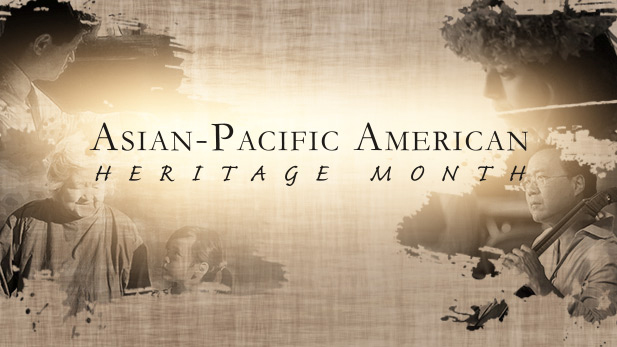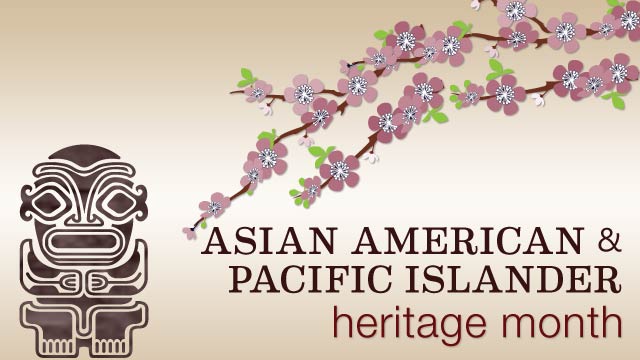A month to celebrate Asian and Pacific Americans, their culture and their contributions to the United States.
Asian-Pacific American Heritage Month (also known as Asian American and Pacific Islander [AAPI] Heritage Month) has its origins from a 1977 House of Representatives resolutions for the President to declare the first 10 days of May as Asian-Pacific Heritage Week. The Senate introduced a similar bill. Both bills were passed. The first 10 days of May were chosen for the following two historical events:
1. May 7, 1843 - Immigration of the first Japanese to the United States
2. May 10, 1869 - Completion of the Transcontinental Railroad by workers of whom the majority were Chinese immigrants
Recognition of Asian-Pacific Heritage Week started by President Jimmy Carter in October 1978. President George H.W. Bush in 1990 extended a week-long celebration (May 1-10) to a month-long celebration (all of May). The new designation of Asian-Pacific Heritage Month was signed into law in 1992.
Image: guides.mysapl.org
According to the 2020 Census, 24,009,900 or 7.2% of the U.S. population are of Asian origin including multiracial Americans identifying as part Asian. The largest Asian communities per the 2020 Census are Chinese, Indian, Filipino, Vietnamese, Korean, and Taiwanese. Other sizeable communities include Pakistani, Thai, Hmong, Cambodian, Japanese, and Laotian. This represents a 1.6% increase from the 2010 Census count of 17,321,000 or 5.6% of the U.S. population.
The 2010 Census also counts 1,588,000 individuals (0.5% of the U.S. population) who are full or partial Pacific Islander Americans. The largest Pacific Island communities per the 2020 Census are Native Hawaiian, Samoan, Guamanian/Chamorro, Fijian, and Marshallese. This represents an increase from the 2010 Census count of almost 1,400,000 which was also 0.5% of the U.S. population. The 2000 Census was the first Census where Asian and Pacific Islander Americans could indicate specific ethnic origin.
Some sites for further information about the Asian American and Pacific Islander communities:


